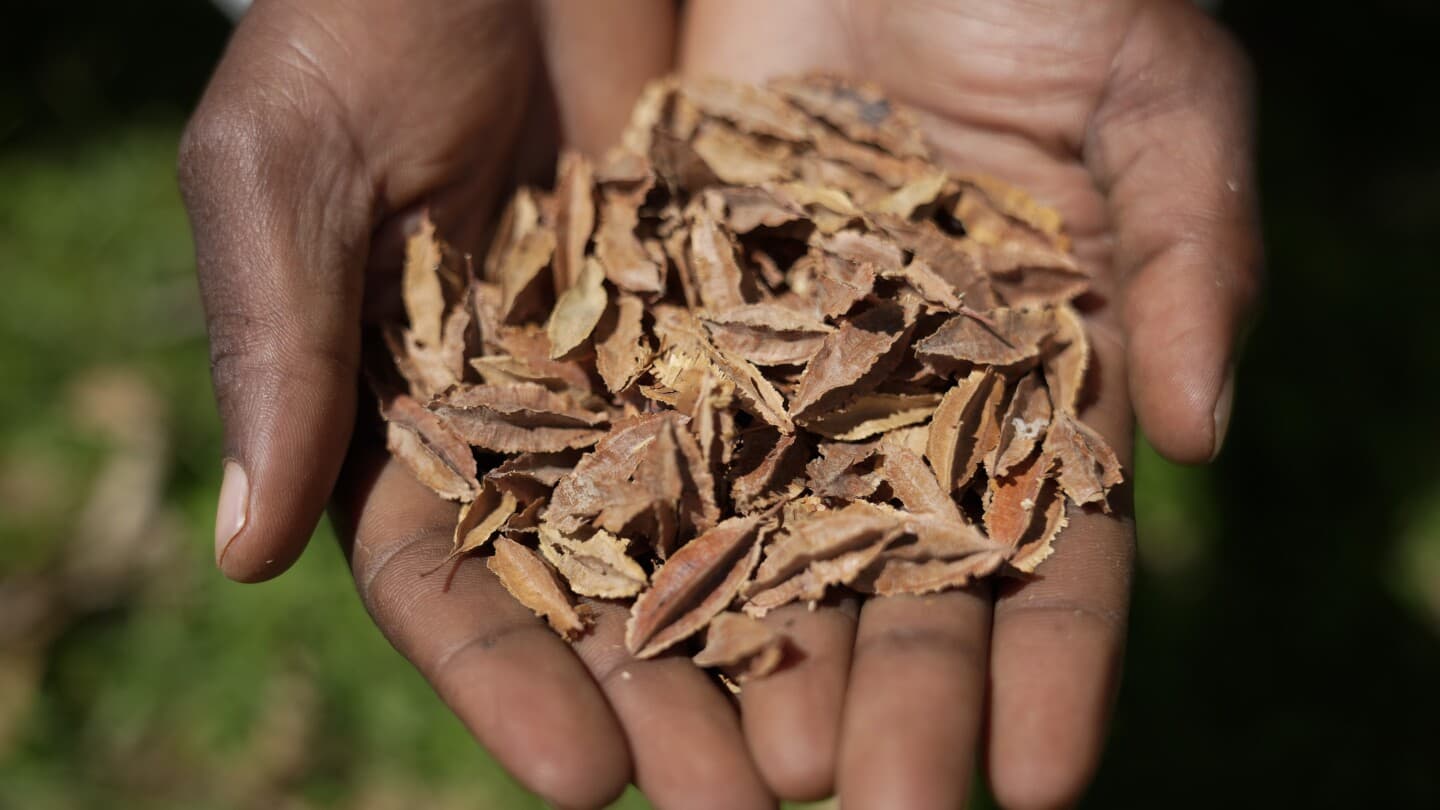We're loading the full news article for you. This includes the article content, images, author information, and related articles.
As erratic weather threatens Kenya's food security, a growing movement of smallholder farmers is turning to drought-resistant indigenous seeds, reviving ancestral knowledge to build resilience against climate change.

In the face of increasingly severe droughts and unpredictable rainfall, Kenyan farmers are looking to the past to secure their future. Across the country, a grassroots movement is gaining momentum as smallholder farmers turn away from modern hybrid seeds and embrace traditional, drought-resistant crop varieties. This shift represents a critical adaptation strategy to the escalating climate crisis, which threatens to disrupt Kenya's agricultural sector, the backbone of its economy.
Agriculture in Kenya, which employs over 40% of the population and 70% of its rural inhabitants, is predominantly rain-fed and acutely vulnerable to climate change. Recent years have seen erratic weather patterns lead to repeated crop failures, jeopardizing the livelihoods of millions. In response, farmers are reviving the use of indigenous seeds for crops like sorghum, millet, cowpeas, and green grams, which are naturally adapted to local environmental conditions and can often produce a harvest even with minimal rainfall.
Community-led initiatives are at the heart of this agricultural renaissance. In villages like Kamathatha in Central Kenya and across counties like Tharaka-Nithi and Kiambu, farmers are establishing community seed banks to preserve and share these vital genetic resources. These banks act as local repositories of biodiversity, ensuring that farmers have access to seeds that are not only climate-resilient but also affordable. Organizations like the Seed Savers Network Kenya have been instrumental, helping establish over 54 community seed banks and training more than 74,000 farmers in seed preservation and sustainable farming techniques since 2009.
The benefits of this return to traditional practices are tangible. Farmers report that indigenous crops are more resistant to local pests and diseases, reducing the need for costly chemical inputs. Furthermore, many of these varieties allow for year-round harvesting, providing a more consistent source of food and income compared to the single annual harvest typical of maize or beans. For instance, Lucy Mukima, a farmer in Tharaka-Nithi, now produces enough to feed her family and sell the surplus after switching to indigenous millet, peas, and green grams.
Despite the clear advantages, the path is not without obstacles. A significant challenge is Kenya's Seeds and Plant Varieties Act, which since 2012 has restricted the sale and exchange of uncertified seeds. While intended to protect farmers from counterfeit seeds, the law inadvertently hinders the informal seed-sharing systems that are crucial for the preservation and distribution of indigenous varieties. Farmers and civil society organizations are advocating for a review of the act to create a legal framework that supports, rather than criminalizes, farmer-managed seed systems.
Recognizing the importance of these traditional crops, governmental bodies and research institutions are beginning to offer support. The Kenya Agricultural and Livestock Research Organization (KALRO) is actively involved in improving and certifying indigenous crop varieties to ensure their quality and reliability. KALRO also supports vulnerable groups with indigenous seeds and promotes community seed banks. Through projects like the 'Seeds of Resilience', in partnership with organizations like the Crop Trust, national gene banks are being supported to conserve and reintroduce these resilient crops to farmers. These initiatives aim to bridge the gap between ancestral knowledge and modern agricultural science, ensuring that Kenya's food systems are both sustainable and secure.
The embrace of ancient seeds is more than a nostalgic return to old ways; it is a vital strategy for climate adaptation and the preservation of biodiversity. As climate change continues to exert pressure on Kenya's food systems, the genetic diversity held within these traditional seeds offers a crucial lifeline. Experts from the UN's Food and Agriculture Organization have noted that the genetic diversity of crops is the foundation of food production and security. By building a more resilient agricultural sector based on locally adapted crops, Kenya can mitigate the impacts of climate change, enhance food security, and safeguard the livelihoods of its farming communities. The success of this movement underscores the critical importance of integrating indigenous knowledge into national climate adaptation strategies.
Keep the conversation in one place—threads here stay linked to the story and in the forums.
Sign in to start a discussion
Start a conversation about this story and keep it linked here.
Other hot threads
E-sports and Gaming Community in Kenya
Active 9 months ago
The Role of Technology in Modern Agriculture (AgriTech)
Active 9 months ago
Popular Recreational Activities Across Counties
Active 9 months ago
Investing in Youth Sports Development Programs
Active 9 months ago